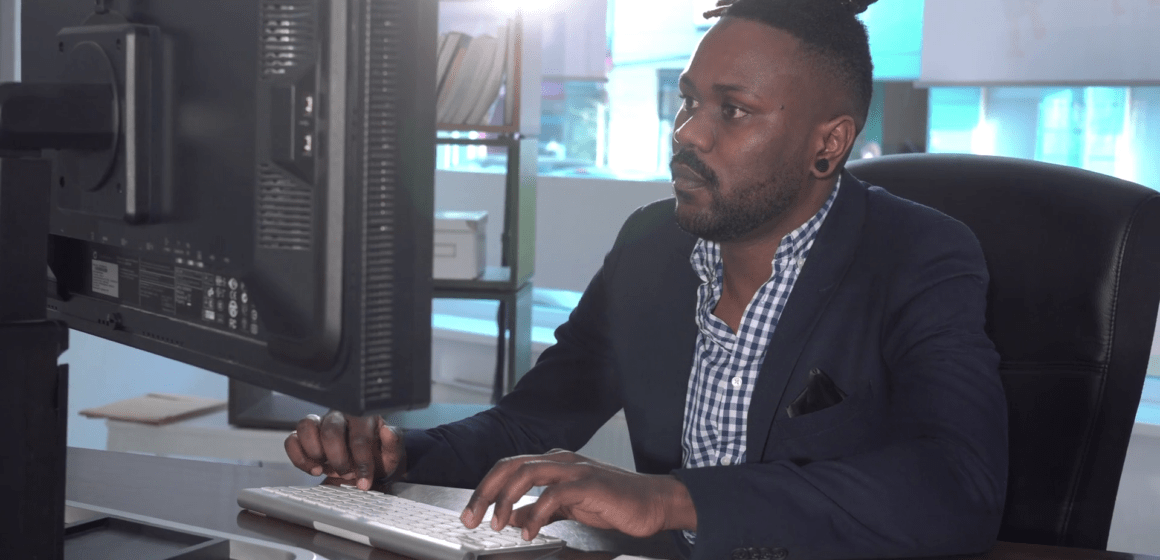Tips on How to Develop and Manage the Flow
“The ego falls away. Time flies. Every action, movement, and thought follows inevitably from the previous one. Your whole being is involved, and you’re using your skills to the utmost.”
Dr Mihaly Csikszentmihalyi
The term “flow” was coined by Dr Mihaly Csikszentmihalyi. In his book Flow: The Psychology of Optimal Experience, he describes it as a highly focused mental state which facilitates productivity. He found that there was no correlation between money and happiness. Instead, the human brain is at its happiest when engaged in the meaningful pursuit of a goal.
The goal itself can be anything from learning a language, doing great work, sports, or playing an instrument. You could even get in the flow while doing the dishes. The only factors are that the goal needs to require your fullest attention and to provide clear cues to measure your progress.
The state of flow can be even better achieved when you decide to focus on an activity for intrinsic reasons—that is, doing the task for your own sake, and not because you feel obligated to.
5 steps to enter the flow state
“Flow is important both because it makes the present instant more enjoyable, and because it builds the self-confidence that allows us to develop skills and make significant contributions to humankind.”
Dr Mihaly Csikszentmihalyi
As with many mindfulness practices, reaching the flow state becomes easier every time you give it a try. The great thing about the steps below is that you can use them to turn any task into a mini-meditation.
Pick the right task:
To achieve a flow state, you need to find the right balance between the challenge of the activity and your own skills levels. The flow state rises from a tension between the two. You won’t be able to get in the zone if the task is too easy or too difficult.
Define your goal:
You need a clearly defined end goal to get in the flow. If you keep interrupting your work to wonder what should happen next, you won’t be able to lose your self-consciousness.
Cut out distractions:
This means no phone, no multitasking, only the necessary tools (so closing the tabs you don’t need, or closing your laptop if you’re doing non-digital work), and making sure your belly is full and you had enough sleep.
Take a deep breath:
Focus on the present moment, accept that you may fail, and let go of your ego. Do not think about the present or the future.
Work mindfully:
Keep your mind fully attentive to what you are working on in that moment. Similar to what you would do when meditating, gently bring back your mind to the task at hand if you feel like it’s wandering or slipping off into autopilot mode.
For this and much more Information relating to employability skills, employment opportunities, career advancement and entrepreneurship development; Join our Telegram and WhatsApp groups, and also follow us on Twitter and Facebook.
Culled from: Nesslab.




